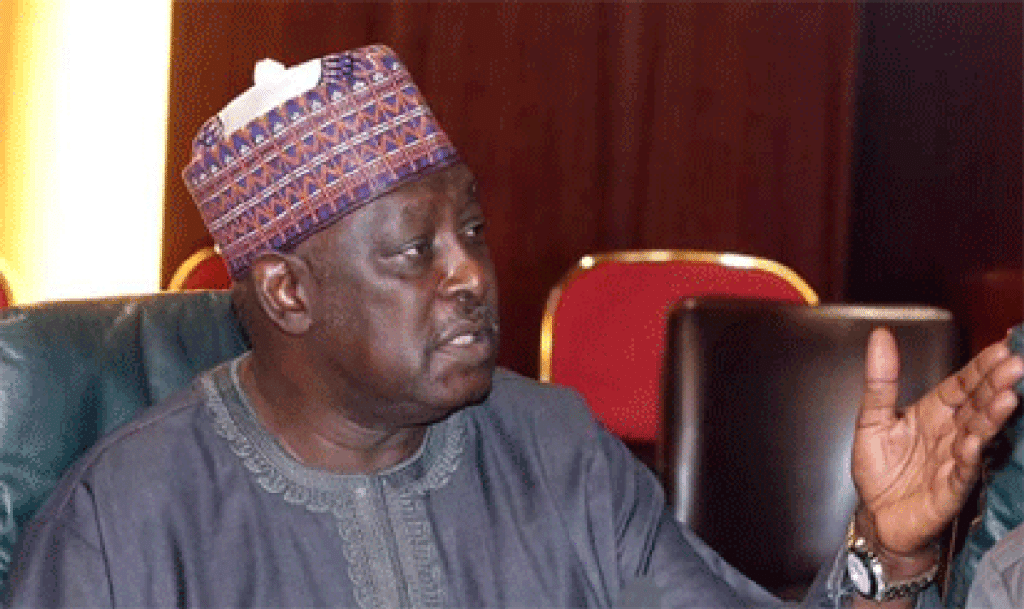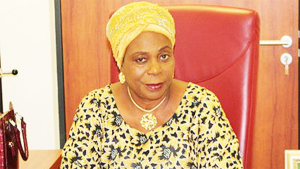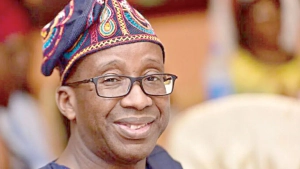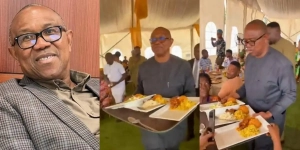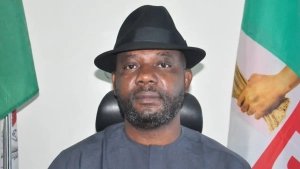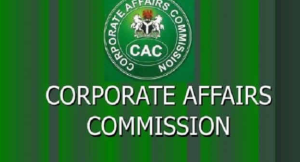A former Nigerian government official has issued a stark warning to elected leaders in the country’s northern regions, claiming their political survival hinges on abandoning the ruling party ahead of Nigeria’s 2027 general elections. Babachir Lawal, who previously served as Secretary to the Government of the Federation, asserted during a televised interview that northern governors and officeholders aligned with the All Progressives Congress (APC) risk losing re-election unless they defect to the opposition African Democratic Congress (ADC).
Speaking on Trust TV, Lawal accused the APC of “destroying and marginalizing” northern Nigeria, a region historically pivotal to the party’s electoral success. He argued that voter dissatisfaction over perceived underdevelopment and unmet promises had eroded the ruling party’s credibility. “Which northern elected official will campaign on the APC’s platform now? No one, unless they’ve already given up on winning,” Lawal said, emphasizing that the ADC offered the only viable path to retaining power.
Lawal, a key figure in northern politics, claimed the ADC had already initiated talks with several governors about potential defections. His remarks amplified criticisms leveled earlier by Rabiu Kwankwaso, a former governor of Kano State and prominent northern leader, who accused President Bola Tinubu’s administration of disproportionately focusing infrastructure development on southern Nigeria while neglecting the north.
Echoing Kwankwaso’s grievances, Lawal alleged a near-total absence of federal projects in northern states. “No construction, no visible infrastructure—none whatsoever,” he stated, dismissing suggestions of progress as “existing only in imagination.” Both men, who share backgrounds in engineering, framed their critiques through a lens of technical expertise, arguing that tangible development remains conspicuously missing.
The APC, which has governed Nigeria since 2015, has yet to publicly respond to these claims. However, the accusations come amid heightened scrutiny of regional disparities under Tinubu, a southern politician whose economic reforms have sparked nationwide protests over rising living costs. Critics argue the administration’s policies have disproportionately impacted the north, where poverty rates are higher and infrastructure gaps wider.
Lawal’s predictions of a northern political exodus underscore deepening fractures within Nigeria’s ruling coalition. With the next elections three years away, his statements signal growing momentum for opposition realignment in a region long considered an APC stronghold. Observers note that such defections could reshape Nigeria’s political landscape, particularly if northern leaders unite behind a single challenger to counter the APC’s influence.
The ADC, though currently a minor party, may gain traction if high-profile defections materialize. Yet questions linger about its capacity to mobilize resources and voter support nationwide. For now, Lawal’s warnings reflect broader discontent in northern Nigeria, where economic stagnation and security challenges have fueled demands for accountability—and potentially, a seismic shift in political allegiances.

